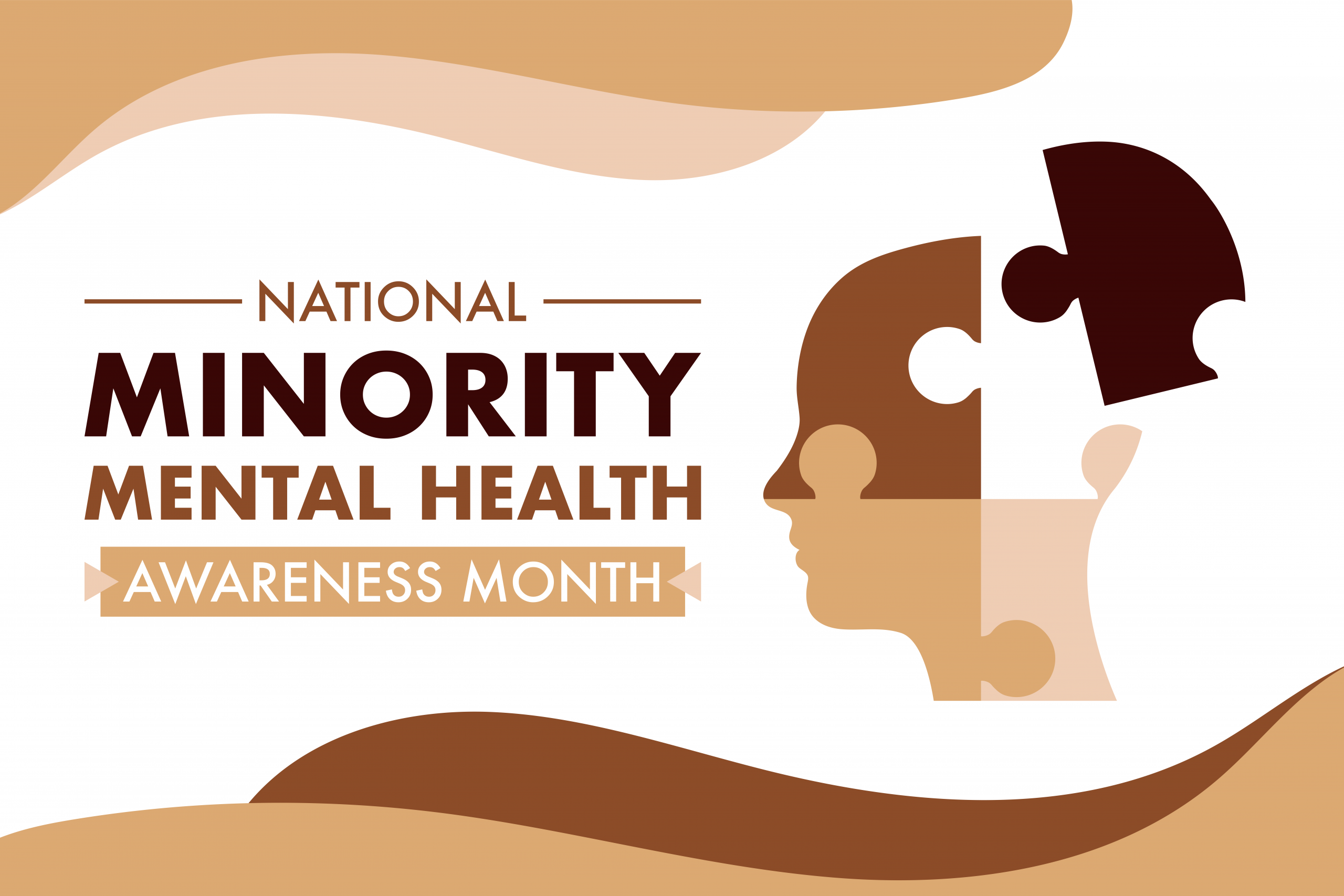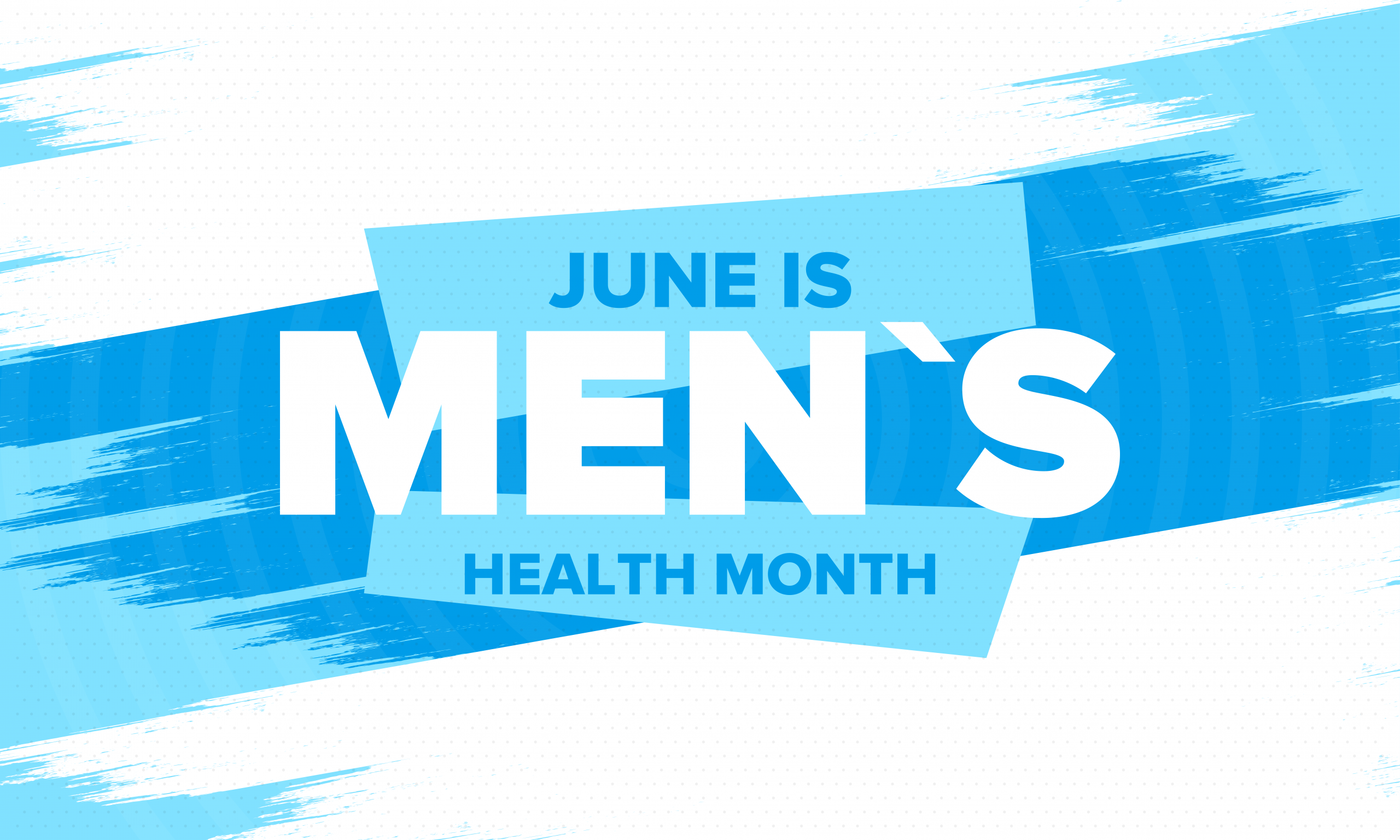

NHC Science of Patient Engagement Symposium Inspires Attendees
By: Dr. Omar A. Escontrías, Vice President, Research, Education & Programs
Last week the National Health Council held its annual Science of Patient Engagement Symposium, an annual event where research leaders convene to share their experiences, accomplishments, best practices, and resulting translational impacts on the science of patient engagement.
The theme of the 2022 Symposium was From Research to Action: Health Equity for All. Achieving equity in the health care system is a key focus of our work at the NHC, and we are committed to elevating the patient voice and reframing conversations to elevate managing the health, financial, and other risks patients face over managing financial liability to the health system.
As we have witnessed over the past couple of years, the COVID-19 pandemic has upended the world, and health inequities among historically underrepresented racial/ethnic groups have magnified. This is why the science of understanding the patient has never been more important, and why health equity research, where diverse patients are at the core of scientific inquiry, is imperative to tackling these inequities.
This year’s gathering was attended in person and virtually by a dynamic group of more than 100 professionals representing a broad spectrum of the health care ecosystem who discussed how to conduct research that helps advance health equity and improve diagnosis, treatment, and outcomes for all. While the Symposium sessions approached the challenge of health equity from a number of different angles, we saw several common themes emerge:
- Inequities related to unmet needs and engagement exacerbated greatly during the COVID-19 pandemic, which has renewed a collective emphasis on the role of social determinants of health. Research supports the idea that 90% of health outcomes are influenced by social and behavioral factors (e.g., food insecurity, transportation, and housing).
- We need to focus on true community-based participatory research, because there is a big difference between community outreach and community engagement. This means that patients are partners, not just subjects; that there is active and meaningful engagement; and that community, patient, and caregiver involvement is already present. Meaningful patient engagement data must be based on true patient engagement throughout the process to ensure co-creation and contextualization.
- Engagement is not a unidirectional experience. There is still a level of trust that must be built. If the community is part of the planning and patients are at the table from the beginning, they can be validators and endorsers. Consider factors that are barriers to their participation and accept that “not one shoe fits all.”
- Underrepresentation in clinical trials is a social justice and public health problem that requires a multifaceted approach. This includes policy efforts to improve trial diversity (like the 2020 Clinical Trials Treatment Act); and to improve transparency (e.g., via methods such as the Good Pharma Scorecard). But it also means committing to being intentional about diversity and admitting when it’s not being done right. Trial participation should reflect the burden of disease, use cultural humility, and listen to patients’ voices.
- Evidence-based policy is only as good as the data, and the data is only as good as: the source; the infrastructure; the interoperability; the freedom from bias/lack of equity; and the ability to access it and use it. The best policy solutions are informed by real-world experiences – which is important when thinking about social determinants of health – and complex problems often require whole-of-government, whole-of-society approaches.
These themes are just a snapshot of two days of discussions, ideas, and insights shared by and among the impressive and dedicated group of panelists, speakers, and attendees. It is the ongoing work being done individually and collectively by them and the organizations they represent that will help achieve better health and better health outcomes for all.
A full meeting summary will be posted on our website soon. It’ll be available here.
Stay tuned for our next Science of Patient Engagement Symposium in May 2023.


